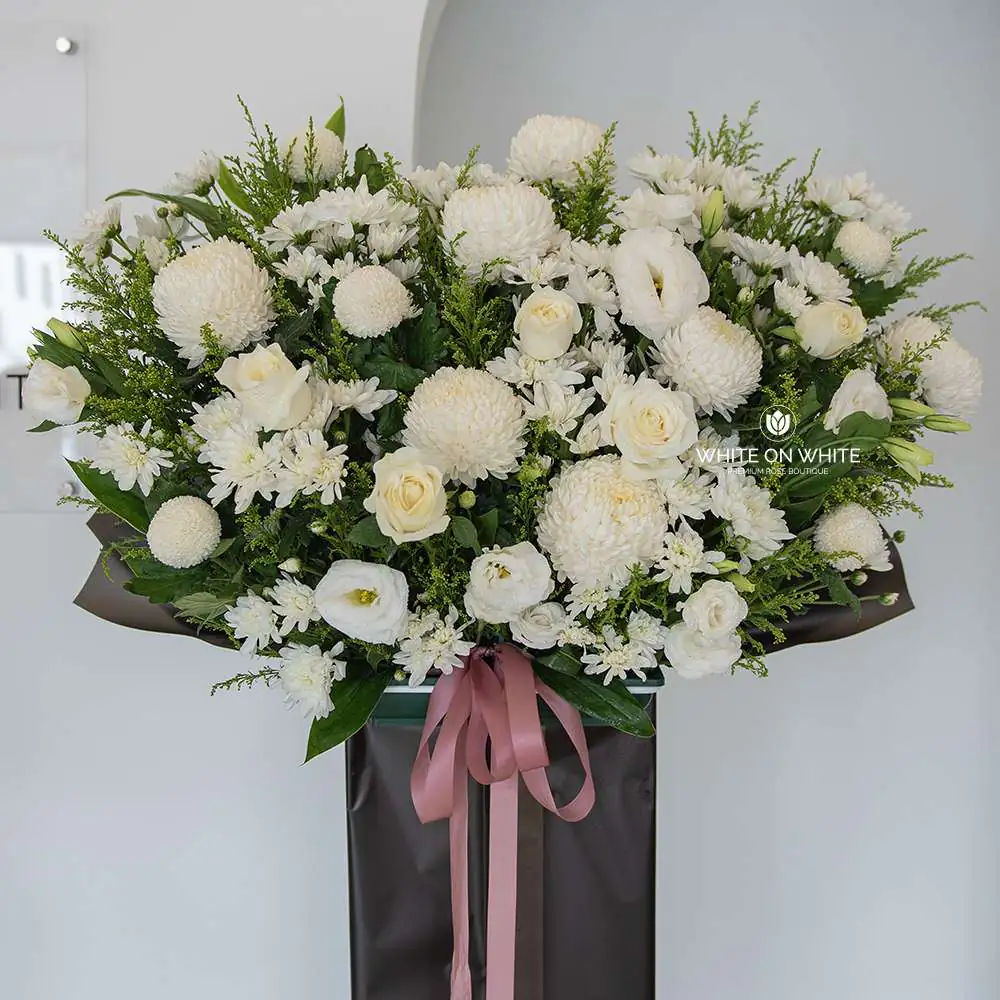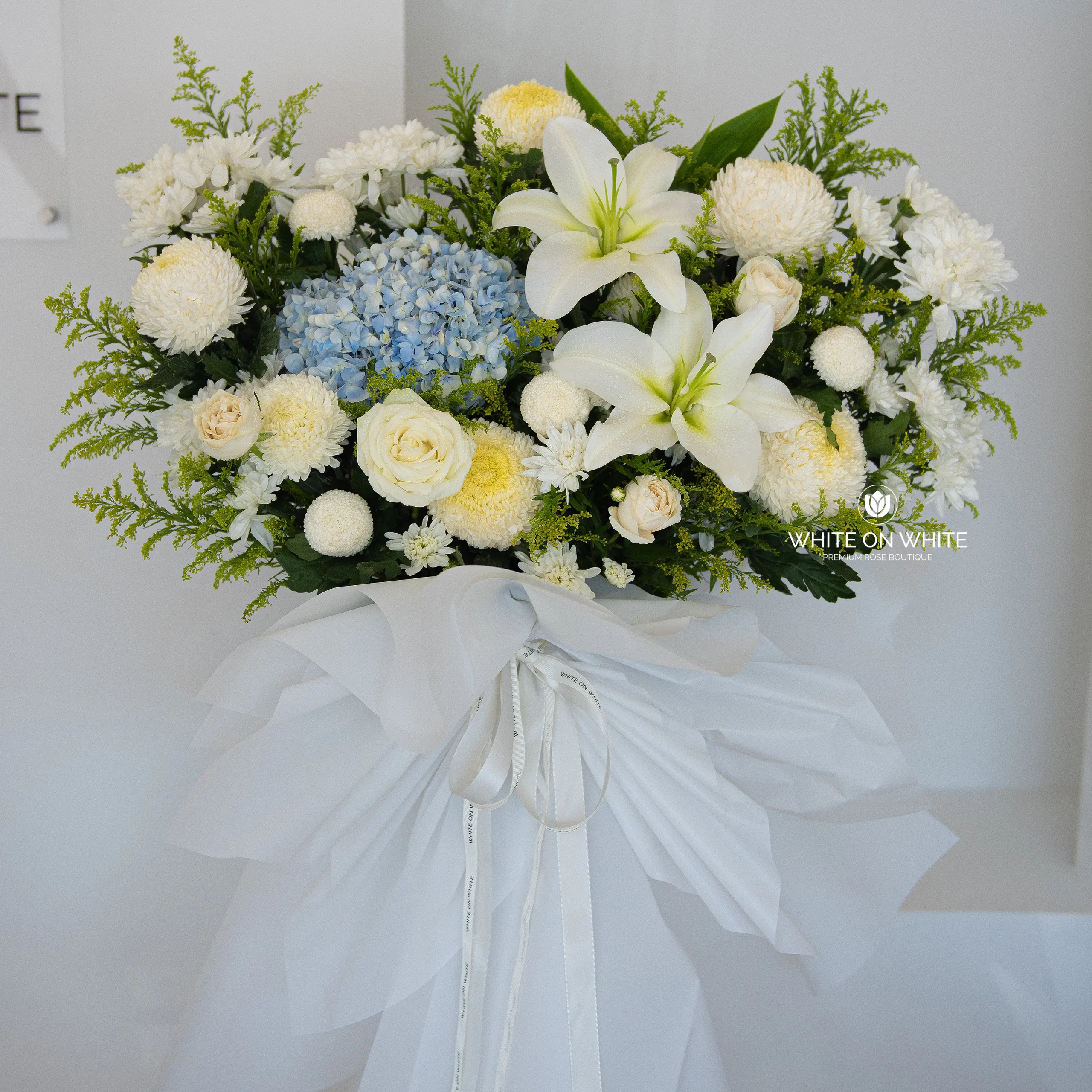Everything You Need To Know About Hungry Ghost Festival Taboos
-
Posted by
Hanim Nayan
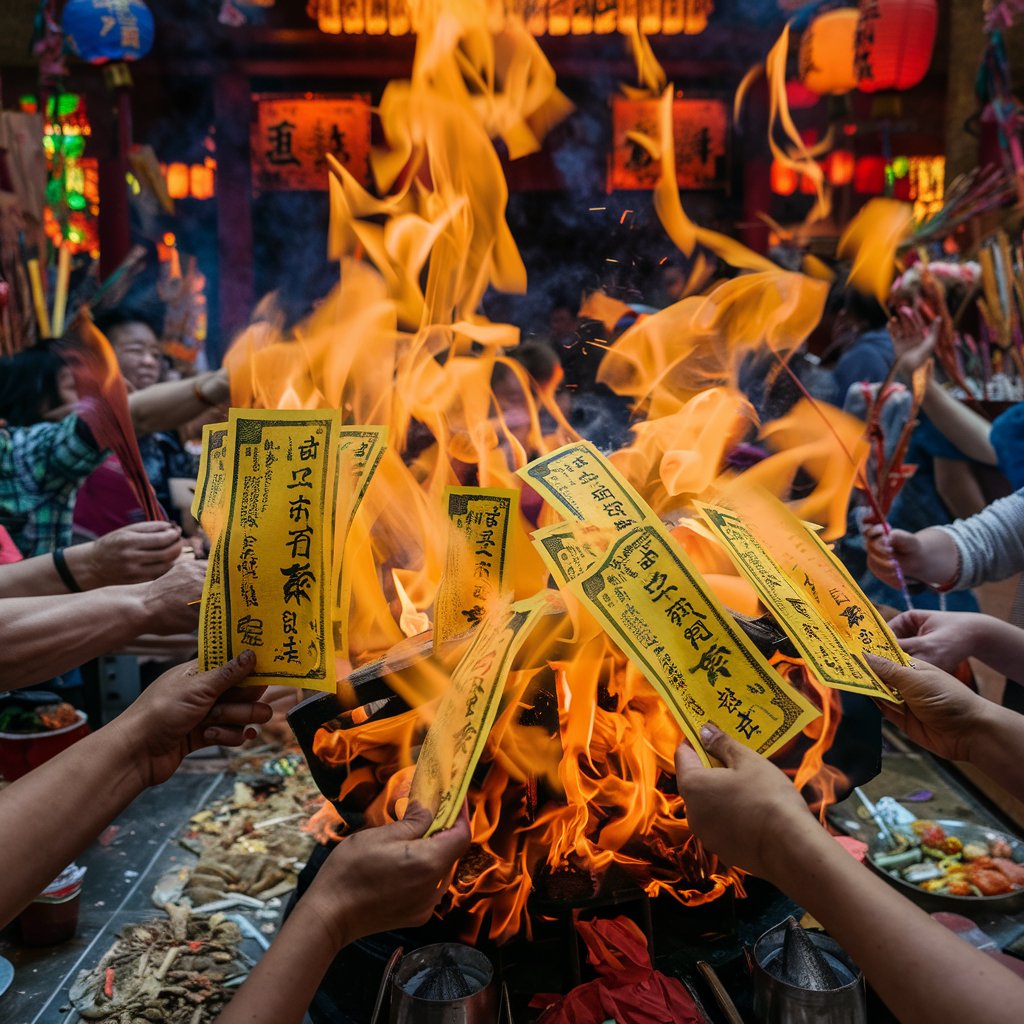
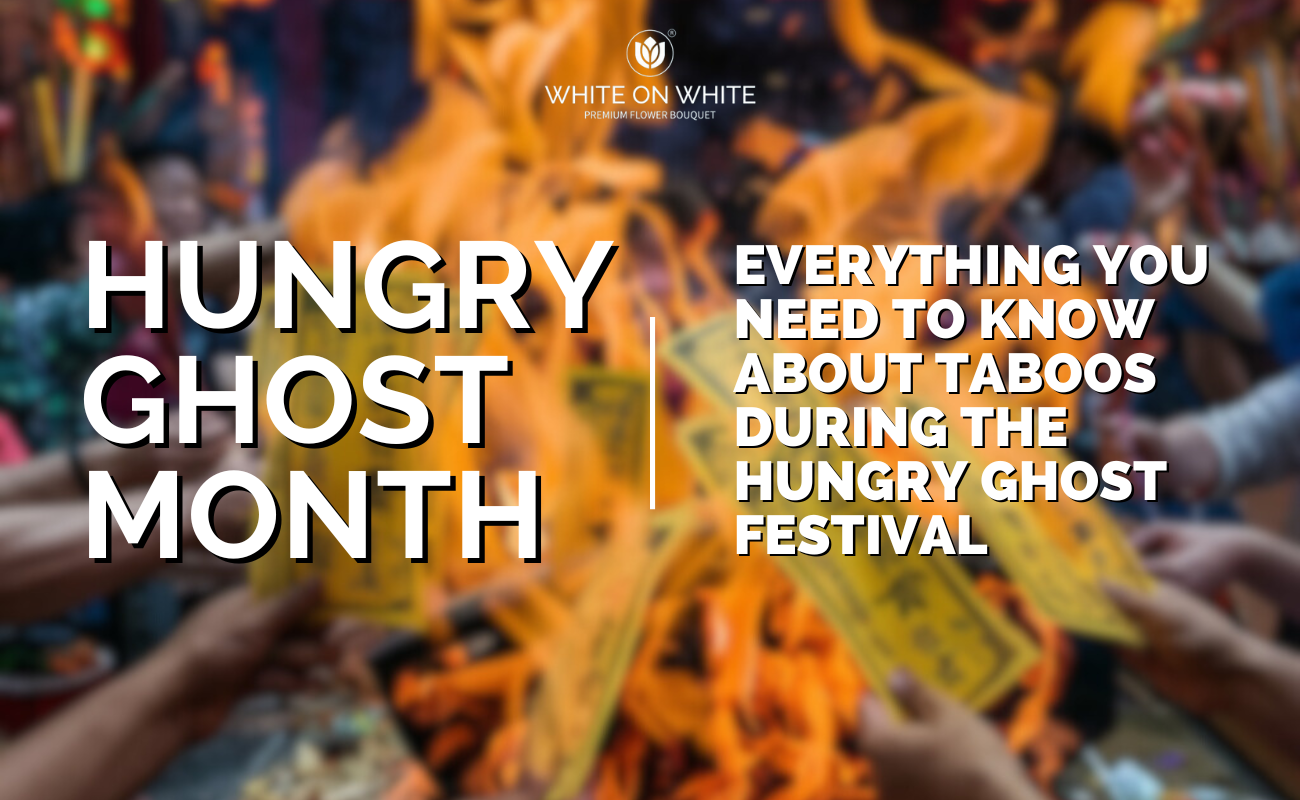
This article was last updated on 30 August 2025.
Understanding the Hungry Ghost Festival: Traditions, Celebrations, and Taboos
The Ghost Festival, known in Chinese as Yu Lan (盂兰节) or more commonly as the Hungry Ghost Festival, is a significant cultural event celebrated across various regions in Asia. The festival typically falls on the 15th day of the seventh lunar month. The exact dates vary each year according to the Chinese lunar calendar however, Ghost Month 2025 this year falls on 6 September 2025. While the festival itself lasts for 15 days, the most critical period is considered to be from the 7th to the 15th day.
Actually, Ghost Month is observed from August 4th to September 2nd, not just on the September 6th this year. During this entire period, Chinese communities should remain vigilant and mindful of the customs and taboos associated with the festival. The entire span of Ghost Month requires awareness and respect, as spirits are believed to be active throughout this time.
During this month, it’s believed that the gates of the underworld open, allowing spirits to roam freely in the human world. Families and communities perform rituals to honor ancestors, appease wandering souls, and protect themselves from misfortune.
Chinese people also believe that during Ghost Month, the presence of wandering spirits can lead to increased misfortune, including accidents and even violent incidents such as murder. It is thought that the restless ghosts roaming the human world may contribute to these unfortunate events, which is why extra caution and adherence to traditional practices are observed during this period.
Even at White On White, we’ve noticed a significant increase in condolence flower orders during this month. Whether this is merely a coincidence or a reflection of the beliefs associated with Chinese Ghost Month is open to interpretation. Ultimately, whether one chooses to believe in these traditions and their effects depends on individual religious and cultural perspectives.
What Is the Hungry Ghost Festival?
Folklore teaches that during Ghost Month, spirits of the deceased especially those without proper burials or who suffered untimely deaths—return in search of food, comfort, and recognition. These wandering souls are known as “hungry ghosts” because of their endless craving for offerings and prayers.
This belief underlines the importance of showing respect through rituals, offerings, and taboos to ensure peace for both the living and the departed.
- What comes through your mind when sending condolence flowers?
- READ MORE: Condolence Messages To Pen Down With Funeral Flowers Card
Why Do We Celebrate the Hungry Ghost Festival?
The Hungry Ghost Festival serves three main purposes:
- Honoring Ancestors – Families show love and respect to those who came before them.
- Appeasing Wandering Spirits – Offerings provide solace to ghosts without descendants.
- Protecting the Living – Observing customs and taboos helps families avoid misfortune.
For many Malaysians, the festival is not only about spiritual safety but also about strengthening family bonds and preserving cultural traditions.
How Is the Hungry Ghost Festival Celebrated?
People perform various rituals and offer different things during the Hungry Ghost Festival. But what do they offer to the hungry ghosts? Let’s explore some common practices.
1. Offerings to the Hungry Ghosts:
Offering food and incense is a central part of the Hungry Ghost Festival. Families prepare elaborate meals and display them on altars to honor their ancestors and wandering spirits. In addition to food, they burn paper money and other symbolic items to comfort the spirits and ensure their needs are met.
2. Lotus Flower-Shaped Lanterns:
Lotus flower-shaped lanterns are a common sight during the festival. These lanterns are believed to help guide lost souls and bring light to the darkness of the underworld.
3. Public Performances:
In many places, the festival is marked by lively street performances, including Chinese opera and traditional music. These performances are intended to entertain the spirits and keep them satisfied. The entertainment often takes place on temporary stages set up on the streets or in open spaces.
4. Community Feasts:
Community feasts are also a common feature of the festival, where flowers may be used in decorations or offerings. These large gatherings allow people to come together, share food, and celebrate the festival’s spirit. It is also a way to foster a sense of unity and respect for the deceased.
Hungry Ghost Festival Taboos You Should Avoid
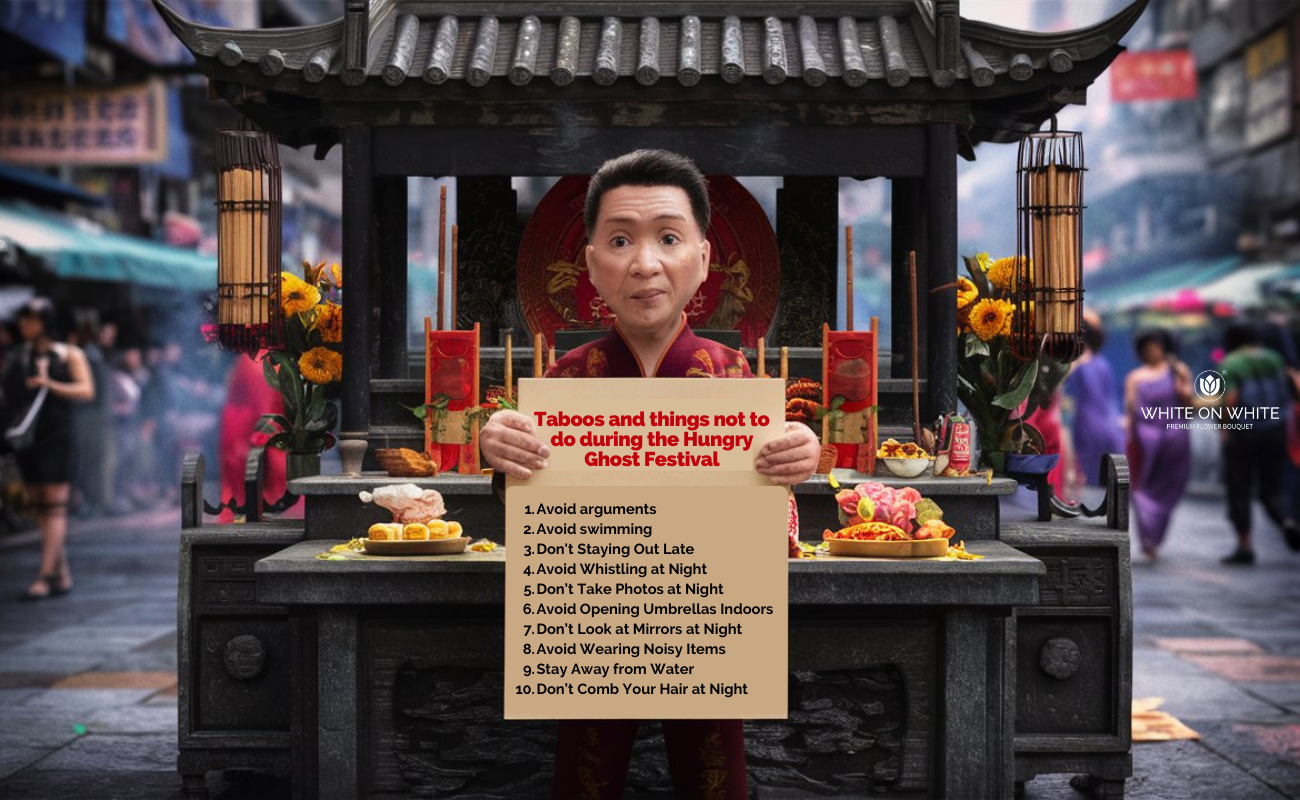
As with any cultural event, there are certain taboos and things not to do during the Hungry Ghost Festival to avoid offending the spirits:
- Avoiding Arguments: It is believed that arguing or displaying anger can attract negative energy and disturb the spirits.
- Not Swimming: Many believe that swimming during the Hungry Ghost Festival is risky as spirits are thought to be more active around bodies of water.
- Don’t Staying Out Late: It is considered wise to stay indoors after dark to avoid encountering restless spirits.
- Avoid Whistling at Night: Whistling is believed to attract wandering spirits. It’s best to avoid this habit, especially after dark.
- Don’t Engage in Nighttime Activities Alone: It’s considered unlucky to be out alone at night during Ghost Month, as it increases the chance of encountering restless spirits.
- Refrain from Taking Photos of Offerings: It is believed that taking photos of offerings might disturb the spirits or disrupt the rituals.
- Avoid Opening Umbrellas Indoors: It is believed that opening an umbrella inside the house can invite spirits to hide within it. To avoid this, always open your umbrella outside.
More important Hungry Ghost Festival taboos to keep in mind
8. Don’t Take Photos at Night: Taking photographs at night is thought to risk capturing spirits in your pictures. To prevent this, avoid taking photos after dark.
9. Don’t Look at Mirrors at Night: It is believed that looking at mirrors after dark might result in seeing ghosts. This includes avoiding reverse mirrors in cars.
10. Avoid Wearing Noisy Items: Wearing items that make sounds, such as bells, is thought to attract spirits. To keep spirits at bay, opt for quieter accessories during this period.
11. Don’t Look Back If Someone Calls You: If you hear someone calling you from behind, it is considered wise not to look back, as it might be a ghost trying to draw you in.
12. Stay Away from Water: Avoid going near bodies of water like rivers, pools, or the ocean, as it is believed that spirits could pull you into the water.
13. Don’t Comb Your Hair at Night: Combing your hair after dark is thought to invite spirits into your home. To avoid this, postpone hair grooming until daylight.
14. Don’t Pick Up Money Found on the Street: If you find money on the street, it is advised not to pick it up, as doing so might result in a ghost following you home.
The “Do Not Swim” Myth: Spirits in the Water
Another widespread taboo is avoiding swimming during Hungry Ghost Month. Folklore says that spirits of those who drowned roam rivers, lakes, and seas, waiting to pull the living down with them. Parents often remind children not to play near water at night during this month. While the myth serves as a cautionary tale, its deeper meaning could be about safety—avoiding unnecessary risks in a time believed to be spiritually unstable.
The Taboos Around Weddings During Hungry Ghost Month
One of the lesser-known beliefs is that weddings held during the seventh lunar month are considered inauspicious. Many families avoid setting wedding dates during this period, fearing that restless spirits might bring disharmony or misfortune to the couple. Even professional vendors—from banquet halls to florists—see a dip in wedding-related bookings. For those who still choose to wed in this season, some opt for smaller, symbolic ceremonies and reserve grand celebrations for another month.
Why Hanging Clothes at Night Is Believed to Invite Spirits
Beyond burning joss sticks and paper offerings, one curious superstition is the warning against leaving clothes to dry outdoors at night. The belief is that wandering spirits might “try on” these garments, making the wearer vulnerable to bad luck or illness. While science may explain it as dampness leading to musty clothes, this taboo has a strong cultural grip—especially among the older generation. It’s one of those quiet reminders of how everyday habits take on deeper meanings during the Hungry Ghost Festival.
When Does the Hungry Ghost Festival End?
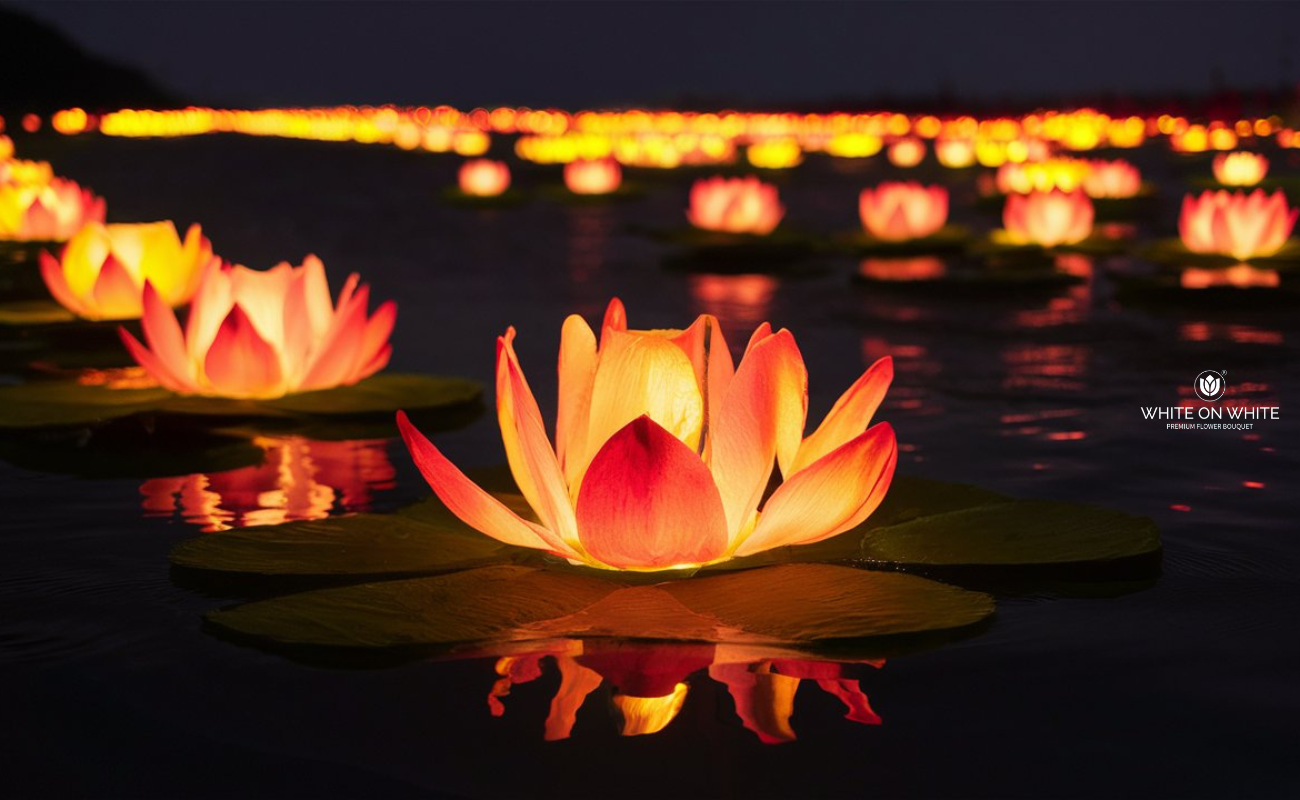
The festival concludes on the 15th night of the 7th lunar month, known as the full moon night. On this night, families perform final rituals, often using flowers in their ceremonies to bid farewell to the spirits and restore peace. The lotus flower, in particular, symbolizes the end of the festival and the spirits’ peaceful return to the underworld.
People create these lanterns by placing a lotus flower-shaped lantern on a paper boat. They use the lanterns to guide the ghosts back to the underworld. When the lanterns go out, it symbolizes the ghosts have found their way back.
Also on this day, people believe the spirits return to their realm, and the gates of the underworld are closed. This marks the end of Ghost Month and the conclusion of the festival’s main activities.
Flowers and the Hungry Ghost Festival
Flowers play a quiet but important role in Ghost Month. They are often used as offerings at altars, in community feasts, or during memorial rituals. Some common flowers include:
Chrysanthemums – A symbol of mourning and remembrance, often used in funeral rituals.
Lilies – Represent purity and peace for departed souls.
Lotus Flowers – Signify rebirth and guiding lost spirits home.
At White On White, we’ve observed families choosing flowers not just for rituals but also as a way to express love and remembrance during this solemn season.
Ghost Month Do's and Don'ts
To ensure a respectful and safe observance of Ghost Month, consider these do’s and don’ts:
Do Make Offerings with Respect: When preparing offerings, do so with genuine respect and care. This helps in honoring the spirits appropriately.
Don’t Wear Red: The color red is often associated with the supernatural and can be seen as an invitation to spirits. It’s better to wear muted colors during this period.
Do Participate in Community Rituals: Joining in community events can be a way to show solidarity and respect for the customs and traditions of the festival.
Don’t Ignore the Festival: Avoiding the festival or its practices is considered disrespectful. Engaging with the traditions, even in a minimal way, is appreciated.
FAQs About Hungry Ghost Festival in Malaysia
1. When is Hungry Ghost Festival 2025 in Malaysia?
The Hungry Ghost Festival, which falls on the seventh lunar month, will be observed from 23 August 2025 to 21 September 2025, with the main day falling on 6 September 2025.
2. Is Hungry Ghost Festival celebrated in Malaysia?
Yes, it is widely observed across Malaysia, especially in Penang, Ipoh, and KL, with rituals, street performances, and offerings.
3. What flowers are commonly used during Ghost Month?
Chrysanthemums, lilies, and lotus flowers are often chosen as they symbolize remembrance, purity, and guidance.
4. Why can’t you swim during Hungry Ghost Festival?
Many believe spirits linger near water during Ghost Month, making swimming dangerous.
5. Can non-Chinese people observe the Hungry Ghost Festival?
Yes, even if you don’t practice the rituals, learning and showing respect for the customs is a meaningful way to appreciate Chinese culture in Malaysia.
Conclusion
The Hungry Ghost Festival is a significant cultural event that blends spirituality with tradition. Celebrated during Ghost Month, people honor and appease the spirits of the deceased. By understanding the practices and taboos associated with this festival, you can engage respectfully and gain a deeper appreciation for this rich tradition.
Whether you are participating in the festival or simply observing from afar, the Hungry Ghost Festival offers valuable insights into the Chinese cultural approach to honoring ancestors and dealing with the supernatural.



